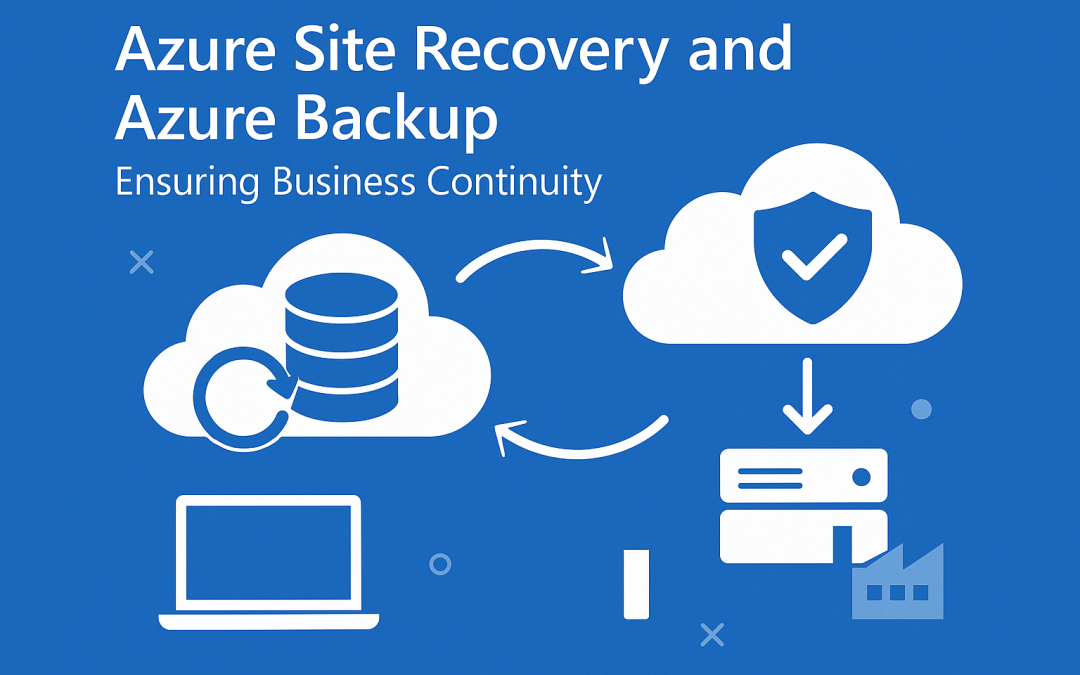It is quoted nowadays “Data is the new currency” and one of the most valuable assets. You would have lost data at some point in your lives. Your PC’s hard-drive could crash anytime, ransomware could possess your data hostage or a software bug could destroy your valuable files. If you’re not frequently backing up your data, you could lose your data forever.
Creating backups isn’t tricky or complicated. There are many several backup techniques, and using the server for it is one of them.
It’s All About Your Personal Data
The operating system can be easily reinstalled and redownloaded if the hard drive crashes, but your personal data cannot be replaced.
Any personal data like documents, photos, home videos, and any other essential data on your PC should be backed up regularly. If you have given hours working on some critical project, then you may need to back those files up, so you can be tension free of losing the data.
Backing Up the to the Server
Back-Up Over the Internet: If you need to secure your files, you can make back up to the internet with services like Backblaze. Backblaze is a popular online backup service. These services have a low monthly fee (around $5 per month); these programs automatically backup your data and files while running in the background.
Pros: Online backup keeps your data safe even in case of hard disk failure, theft, any disaster, and everything.
Cons: These services are generally a little bit costly, and the first backup can take a much longer time if you have a large stack of files.
Use a Cloud Storage Service: Cloud storage is a system where you can transfer your data and files from your pc to a server in a data center, separate from your home or work. A cloud storage firm manages those servers to offer a definite volume of space that you typically pay to store your data.
Rather than just keeping your files on your PC’s hard drive, you can keep them on services like Google Drive, Dropbox, Google Drive, Microsoft OneDrive, or the same cloud storage service. The data will then automatically sync to your registered online account and your additional PCs. If your hard drive crashes, you’ll, however, have the data and the files stored online and on your other computers.
Pros: This technique is fast, easy, and in multiple cases, free, and as it’s online, it defends you against all sorts of data loss.
Cons: In general, most of the cloud services only offer only a few gigabytes of free space, which is useful if you have a small amount of data, but if you’re ready to pay for more storage, then you can get extra space for storing data.



